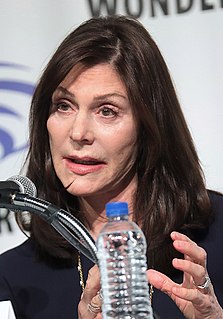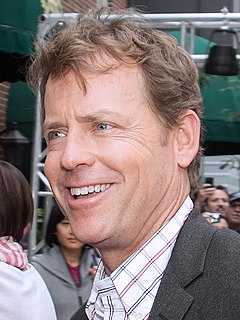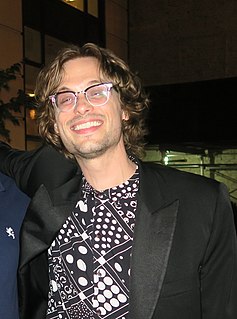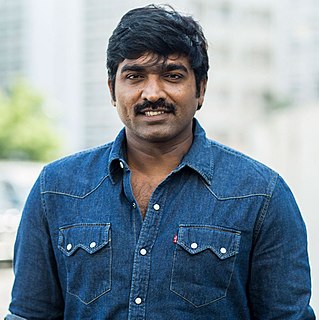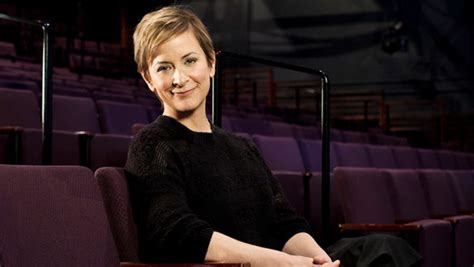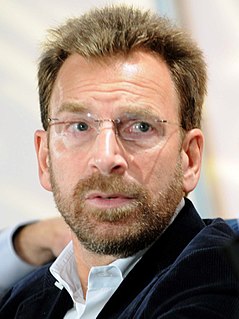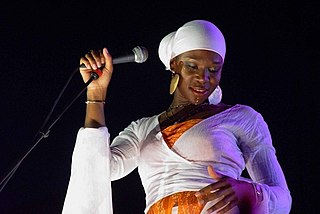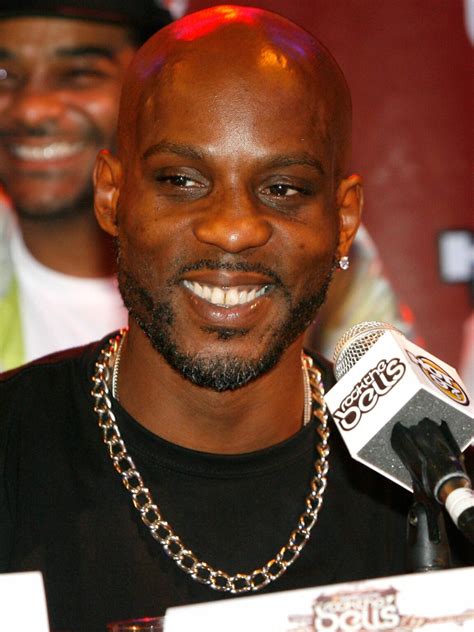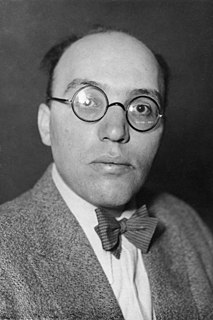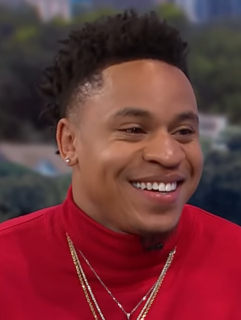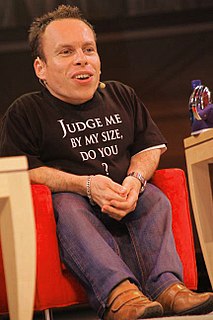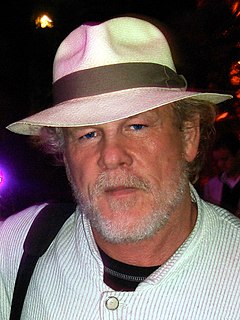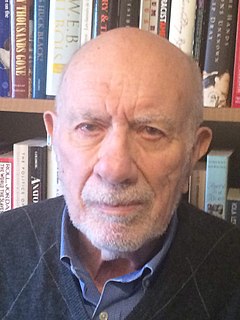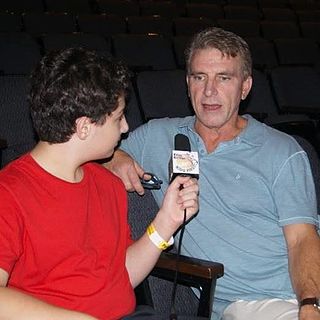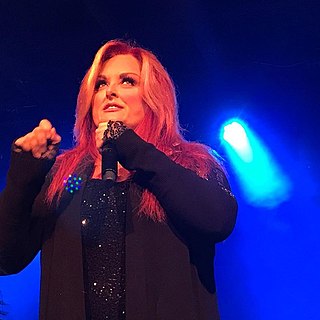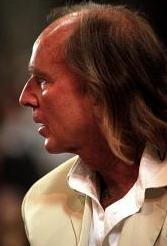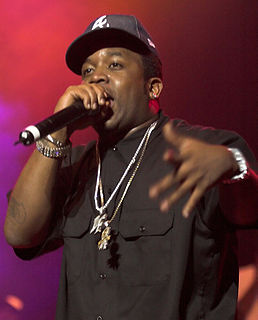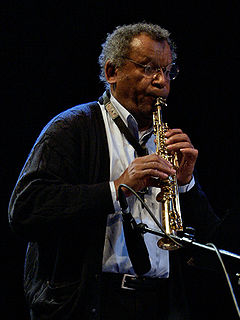Top 1200 Music Director Quotes & Sayings - Page 7
Explore popular Music Director quotes.
Last updated on December 12, 2024.
Every film I've ever worked on, and that includes 'Braveheart' and 'Trainspotting,' I've always witnessed a director having a breakdown. Every director will have a day, without exception, where they just can't do it anymore, they don't know what to say to their cameraman, their cast. It's the sign of real, physical exhaustion.
The process of working with the second unit director and basically sharing your workload with another director is such an interesting, delicate thing - and entrusting that person with your vision and making sure that you are not adding a completely different aesthetic to the mix that you don't have to contend with in editing.
I'm from Louisiana, and that's where I got my start, in Cajun music. There's a huge music scene down there centered around our culture. Those are people that are not making music for a living. They are making music for the fun of it. And I think that's the best way I could have been introduced to music.
When I make music, I play it, I produce it, I write it. It's a very self-centered thing, not in a negative way. But I primarily work by myself, that's my process. When I'm acting, I'm there to serve the director and the character. I'm here to give you what you need. Communicate that to me and I will do what I need to do to get that. So that's what it's about.
Finally, I was called for "The Office" and I was really lucky, because a lot of the shows that I went out for I would work my way up from, like, an audition with the casting director to the director to the producers to the studio, I'd go through seven auditions, and then they'd give the role to a famous actress.
As the director, it's just a constant stream of meetings where you meet with all of the creatives who make all of the decisions for every part of the episodes. You're also scouting for locations, deciding on the locations, meeting with your first associate director; mine was Jennifer Truelove. She's one of my favorite people on the planet.
As a director, you're a bit of a dictator. But I feel that you're a better director if you're open to other people's ideas. It means that it's tougher: you have to be in a choosing process; you have to put the ego aside. As long as everybody's aiming in the same direction... I'm open to my main partners in the film crew.




